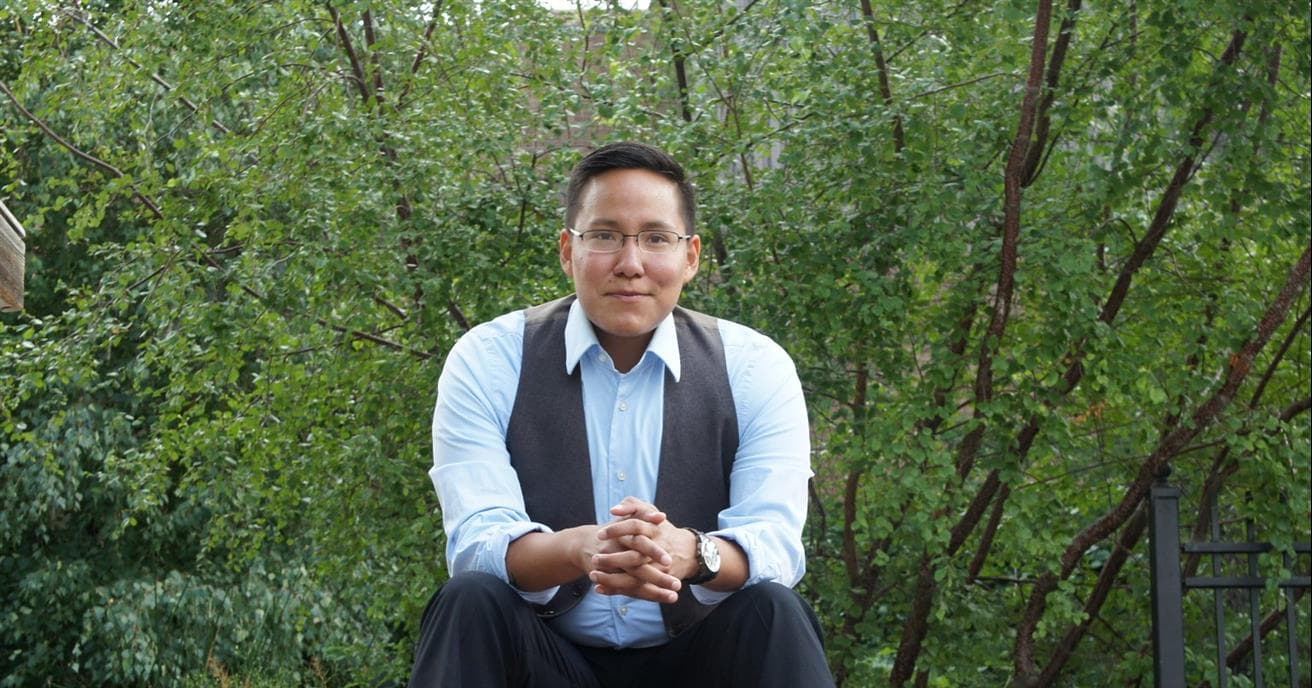The call for non-Indigenous people to learn more about Indigenous culture and history has never been louder. It’s been a call for action for a long time, but with the recent discovery of a mass grave on the site of a former residential school in B.C., and knowing there are more to be found, the call reverberates throughout the country.
There is plenty of information out there about Indigenous culture and history for anyone wanting to learn more, including the true history both Indigenous and non-Indigenous people share. To make learning more accessible for its workforce, Suncor provides Indigneous-awareness training and cultural experiences such as Canada’s History with Indigenous Peoples course and sharing circles through its Indigenous employee inclusion network called Journeys.
Journeys has added one more resource to its cultural awareness toolkit, an Indigenous Speaker Series. Launching in June during National Indigenous History Month and Pride, Journeys collaborated with Suncor’s LGBTQ2S+ employee inclusion network, Prism, to bring Jack Saddleback, a Cree, two-spirit transgender gay man from Samson Cree Nation in Maskwacis, Alta., as the first speaker in the series.
“The Indigenous Speaker Series supports Suncor’s Journey of Reconciliation, but it also supports reconciliation in general,” says Debbie Green, Advisor with Indigenous Workforce Development at Suncor, who helped bring the speaker series to life. “Part of reconciliation is increasing the education and awareness of Indigenous culture for all Canadians.”
That’s right, all Canadians, because as recent events have shown, there is a lot of work to be done in the reconciliation space.
“It’s always good to hear the personal experiences and stories directly from Indigenous Peoples,” explains Debbie “This series will help supplement the work we’re already doing through [the Indigenous employee inclusion network].”
If all goes well, the speaker series will host two to three Indigenous public figures a year, either virtually or in-person.




